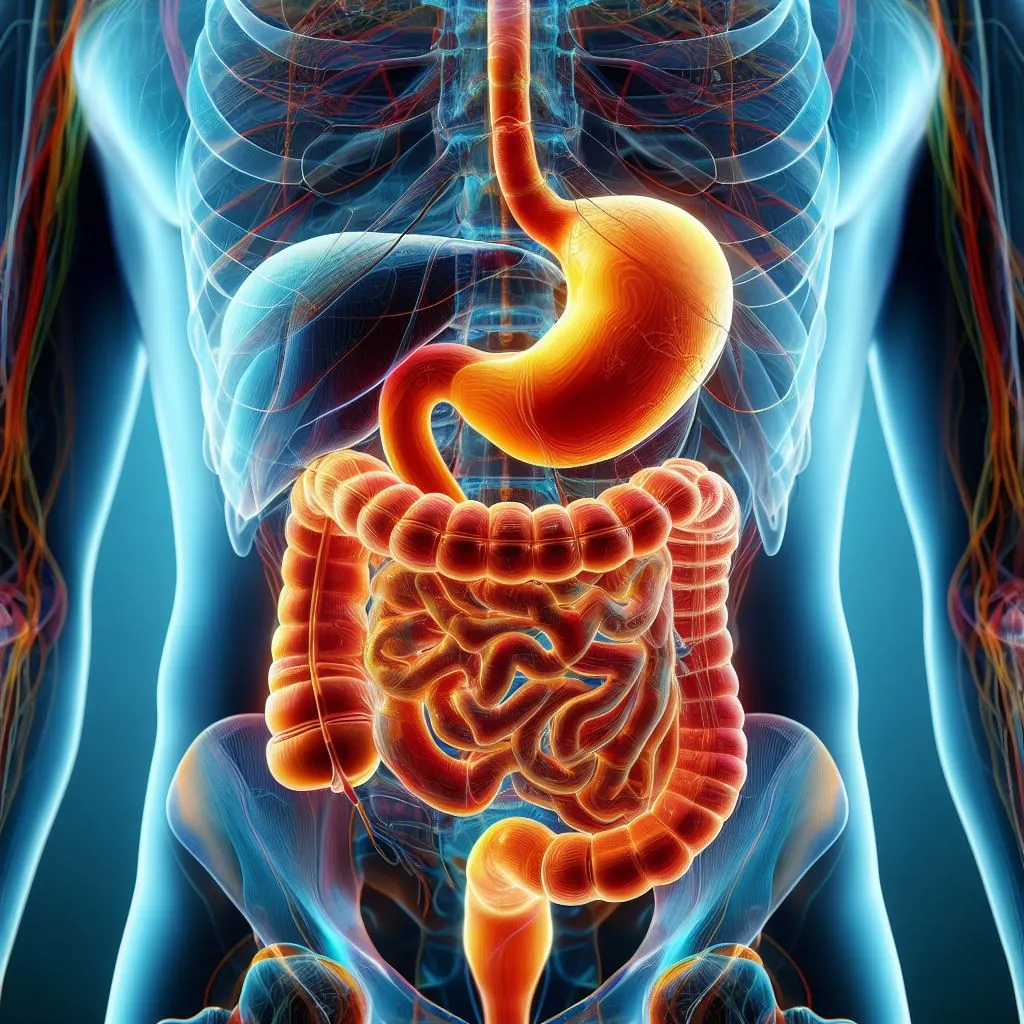Pregnancy is a special and transformative time in many women's lives. However, this period sometimes comes with unexpected symptoms. One of these symptoms is nausea and vomiting during pregnancy. So what is nausea and vomiting in pregnancy and how common and important are these symptoms?
What is nausea and vomiting during pregnancy?
Nausea and vomiting during pregnancy is a condition that usually occurs during the first trimester and sometimes persists throughout pregnancy. These symptoms are usually more pronounced in the morning, which is why they are also called "morning sickness". However, this name can be misleading because nausea and vomiting can occur at any time of the day.
Prevalence and significance of these symptoms
According to Op. Dr. Tuba Nadide Yılmaz, nausea and vomiting during pregnancy is a common condition that affects approximately 70-85% of pregnant women. These symptoms usually range from mild to moderate, but in some cases can be severe and require medical intervention.
Although nausea and vomiting are common symptoms during pregnancy, the discomfort and reduced quality of life caused by this condition should not be underestimated. These symptoms can affect eating habits, daily activities and even emotional state. It is therefore of great importance for pregnant women to be informed about the causes, effects and how to alleviate these symptoms.
In this chapter, we have discussed what nausea and vomiting in pregnancy are and the prevalence and importance of these symptoms. If you want to know what methods can be used to deal with these symptoms, you can find detailed information in the following chapters.
Causes of nausea and vomiting during pregnancy
For many women, pregnancy is one of the most special periods of their lives. However, for some women, this period comes with unexpected and challenging symptoms. One of these symptoms is nausea and vomiting during pregnancy. But what are the reasons behind these symptoms?
Hormonal changes

Hormonal changes
During pregnancy, many hormonal changes occur in the body. Especially the level of the hormone hCG (human chorionic gonadotropin) increases. Opr. Dr. Tuba Nadide Yılmaz states that the increase in the level of this hormone is one of the most common causes of nausea and vomiting during pregnancy.
Increased stomach acid

Mide asidinin artışı
During pregnancy, acid production in the stomach can increase. This can cause stomach contents to back up into the esophagus, which can lead to nausea.
Genetic and evolutionary factors
Some research suggests that nausea and vomiting in pregnancy may have a genetic component. Furthermore, evolutionarily, nausea is thought to protect the expectant mother and fetus from potentially harmful substances.
Increased sensory sensitivity
During pregnancy, many women become more sensitive to certain smells or tastes. This increased sensory sensitivity can cause nausea and vomiting.
In conclusion, nausea and vomiting during pregnancy is caused by a combination of many different factors. Understanding these symptoms can help us find more effective ways to deal with them. For more information and advice on this topic, see the following sections.
Challenges Experienced by Individuals
Nausea and vomiting during pregnancy is not only a physical discomfort, but also a condition that affects daily life, eating habits and emotional state. As Op. Dr. Tuba Nadide Yılmaz emphasizes, these symptoms can have a profound impact not only on the physical but also on the psychological and social life.
Impact on activities of daily living
Nausea and vomiting can lower energy levels and make you feel generally unwell. This can make it difficult to carry out daily activities. For example, routine tasks such as going to work, doing housework or looking after children can become challenging.
Disruption of eating habits
Nausea can cause loss of appetite. This is one of the biggest obstacles to a balanced and adequate diet. Certain foods or odors can trigger nausea, which can lead to disrupted eating habits.
Psychological and emotional effects
Constant nausea and vomiting can increase emotional stress. This can lead to feelings of anxiety, depression and isolation. These symptoms can also lead to social isolation, such as avoiding social events.
Negative impacts on work and social life
Nausea and vomiting can cause difficulty going to work. It can also have a negative impact on social life, such as not wanting to participate in social activities and having difficulty spending time with friends and family.
As a result, nausea and vomiting during pregnancy is not only a physical discomfort, but also a condition that affects an individual's overall quality of life. Learning effective methods and suggestions for dealing with these symptoms can help pregnant women get through this challenging period more comfortably.
Ways to alleviate nausea and vomiting during pregnancy
Gebelikte bulantı ve kusma, birçok kadının karşılaştığı zorlu bir durumdur. Ancak, bu semptomları hafifletmek için birçok etkili yöntem bulunmaktadır. Opr. Dr. Tuba Nadide Yilmaz, bu konuda birçok öneri ve tedavi yöntemi sunmaktadır. İşte gebelikte bulantı ve kusmayı hafifletmek için bazı öneriler:
Correct eating habits
– Small and frequent meals: Taking small and frequent meals throughout the day can reduce nausea by keeping the stomach constantly full.
– Eating Slowly: Eating slowly can prevent stomach acid from increasing.
– High protein foods: High-protein foods can help reduce nausea.
Alternative treatment methods (e.g. acupuncture)
– Acupuncture: Some studies suggest that acupuncture may be effective in reducing nausea in pregnancy.
– Some herbal solutions: Natural remedies, such as ginger or peppermint tea, can relieve nausea.
Medication and doctor's recommendations
If the nausea and vomiting are severe, your doctor may recommend special medication. Opr. Dr. Tuba Nadide Yılmaz makes special recommendations to her patients in this regard. However, you should always consult your doctor before taking medication.
Rest and stress management techniques
– Adequate rest: Adequate sleep and rest can help reduce nausea.
– Stress management: Stress management methods such as meditation, deep breathing techniques or relaxation techniques can relieve nausea.
في الختام، يمكن أن يكون الغثيان والقيء أثناء الحمل عملية صعبة، ولكن هناك العديد من الطرق الفعالة لتخفيف هذه الأعراض. من خلال اتباع هذه الاقتراحات، يمكنك أن تمري بحملك بشكل أكثر راحة
Important Tips and Recommendations
Nausea and vomiting during pregnancy is a challenging condition that many women face. However, you can use some practical tips and suggestions to deal with these symptoms. Opr. Dr. Tuba Nadide Yılmaz offers many valuable suggestions in this regard. Here are some basic tips and suggestions for dealing with nausea and vomiting during pregnancy:
Which foods should be avoided?
– Fatty and spicy foods: This type of food can upset the stomach and trigger nausea.
– Caffeine: Excessive caffeine consumption can increase stomach acid and cause nausea.
– Processed foods: Processed foods with additives and preservatives can cause stomach upsets.
Which activities provide relaxation?
– Short walks: Light exercise can promote digestion and reduce nausea.
– Deep breathing: Deep breathing techniques can reduce stress and promote relaxation.
– Meditation: Regular meditation can help you maintain your emotional balance.
When to consult a doctor?
– Severe vomiting: In case of vomiting more than 3-4 times a day you should consult a doctor.
– Signs of dehydration: If you have signs of dehydration, such as excessive thirst, dark urine or prolonged inability to urinate, you should seek medical attention immediately.
– Pain: If you have symptoms such as abdominal pain or dizziness, you should consult your doctor.
Learning from individuals' experiences
Individuals' own experiences can provide valuable information for dealing with nausea and vomiting during pregnancy. Opr. Dr. Tuba Nadide Yılmaz helps other women through this challenging process by sharing the experiences of her patients.
In conclusion, by following these tips and suggestions for dealing with nausea and vomiting during pregnancy, you can have a more comfortable and healthy pregnancy.
Frequently Asked Questions (FAQs)
Nausea and vomiting during pregnancy is a common condition that many women experience. During this process, many questions may come to mind. Based on the expertise of Op. Dr. Tuba Nadide Yılmaz, we have compiled the most frequently asked questions and answers.
When does nausea and vomiting in pregnancy start and how long does it last?
Nausea and vomiting during pregnancy usually start in the first trimester, i.e. the first 12 weeks of pregnancy. For most women, these symptoms decrease towards the beginning of the second trimester. However, some women may experience these symptoms throughout the entire pregnancy.
Does nausea and vomiting during pregnancy harm the baby?
Mild to moderate nausea and vomiting usually does not harm the baby. However, if there is a risk of malnutrition or dehydration due to severe vomiting, it is important to seek medical attention.
Which medicines are safe for nausea and vomiting in pregnancy?
Some medicines are considered safe for nausea and vomiting during pregnancy, while others may carry risks. You should always consult your doctor before taking any medication. Opr. Dr. Tuba Nadide Yılmaz takes individual circumstances into account to recommend the most appropriate treatment for her patients.
Which symptoms other than nausea and vomiting are normal?
Other symptoms such as fatigue, breast tenderness, frequent urination and mood changes are also common during pregnancy. However, symptoms such as severe abdominal pain, bleeding or dizziness may require urgent medical attention.
In conclusion, it is important for your health and that of your baby to be in contact with your doctor with any questions you may have about nausea and vomiting during pregnancy.














